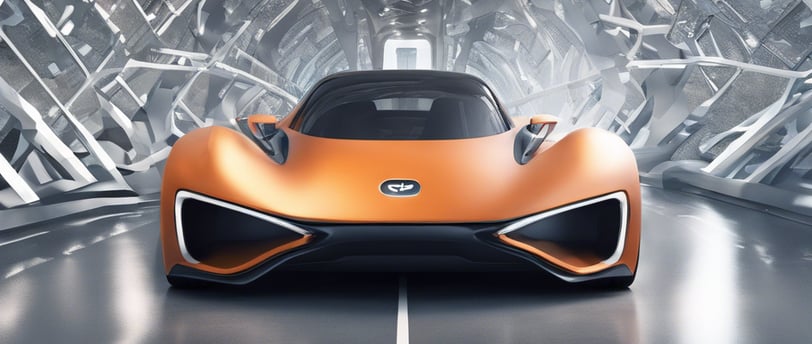The End of the Electric Car Era: Why Hydrogen is the Future of Sustainable Mobility
2/3/20242 min read


Navigating the Shift: The Future of Mobility Beyond Electric Cars
At November Engineering, we stand at the forefront of technological innovation, continuously exploring and contributing to the future of sustainable mobility. Recently, a significant shift has been observed within the automotive industry, steering away from battery electric vehicles (BEVs) towards a potentially more sustainable and efficient solution: hydrogen fuel cell vehicles (FCEVs). This blog post delves into the reasons behind this transition, the advantages of hydrogen fuel cell technology, and what this means for the future of transportation.
The Limitations of Battery Electric Vehicles
BEVs have been pivotal in advancing the transition towards more sustainable transportation options. However, as we delve deeper into the journey of electrification, several inherent limitations of BEVs have come to light. These include concerns over battery life, the environmental impact of battery production and disposal, and the infrastructure challenges associated with charging stations. Furthermore, the longer charging times of BEVs, when compared to traditional fueling, pose a significant hurdle for user convenience and the broader acceptance of electric vehicles.
Why Hydrogen Fuel Cell Vehicles Are Gaining Momentum
FCEVs emerge as a compelling alternative, addressing many of the limitations faced by BEVs. The core of FCEV technology is a hydrogen fuel cell, which generates electricity through a chemical reaction between hydrogen and oxygen, with water vapor as the only emission. This clean energy conversion process, alongside the following advantages, positions FCEVs as a frontrunner in the next wave of sustainable mobility solutions:
Rapid Refueling: FCEVs can be refueled in a matter of minutes, comparable to conventional gasoline or diesel vehicles, significantly outpacing the charging time for BEVs.
Extended Range: FCEVs offer longer driving ranges on a single tank of hydrogen, making them suitable for longer distances without the need for frequent stops to refuel.
Lower Environmental Impact: The production and recycling of hydrogen fuel cells pose a lower environmental impact compared to the lifecycle of lithium-ion batteries.
Overcoming Challenges
Despite the clear advantages, the transition to FCEVs is not without its challenges. The development of hydrogen refueling infrastructure, the initial costs associated with fuel cell production, and the need for large-scale hydrogen production are among the primary hurdles. However, with concerted efforts from industry leaders, governments, and research institutions, these challenges are being addressed through innovation and policy support.
The Role of November Engineering
At November Engineering, we are committed to contributing to the evolution of sustainable transportation. By focusing on the development of advanced hydrogen technologies and collaborating with partners across the globe, we aim to accelerate the adoption of FCEVs and overcome the barriers to their widespread use.
The Future of Mobility
The shift from BEVs to FCEVs signifies a pivotal moment in the pursuit of zero-emission transportation. While BEVs have laid the groundwork for reducing our carbon footprint, FCEVs offer a path to achieving even greater environmental benefits and operational efficiencies.
Conclusion
The end of the electric car era is not an indictment of its contributions but rather an evolution towards an even more sustainable and efficient form of mobility. At November Engineering, we embrace this transition, recognizing the potential of hydrogen fuel cell technology to redefine the future of transportation.
Sourcing:
McKinsey & Company: "Hydrogen: The next wave for electric vehicles?"
International Energy Agency (IEA): "The Future of Hydrogen – Analysis"
GreenBiz: "In the battle over electric vehicles, could hydrogen win?"
Euronews: "At a fork in the road: Do hydrogen cars offer a better future than electric vehicles?"


